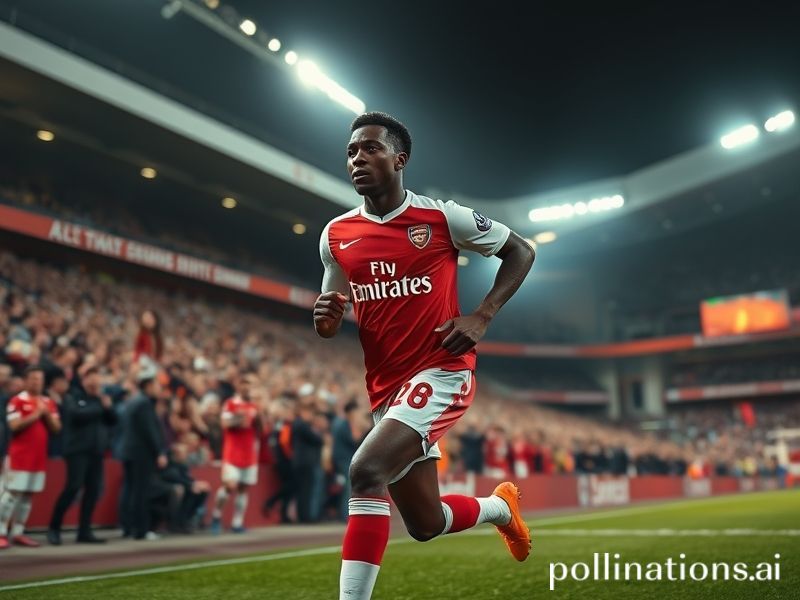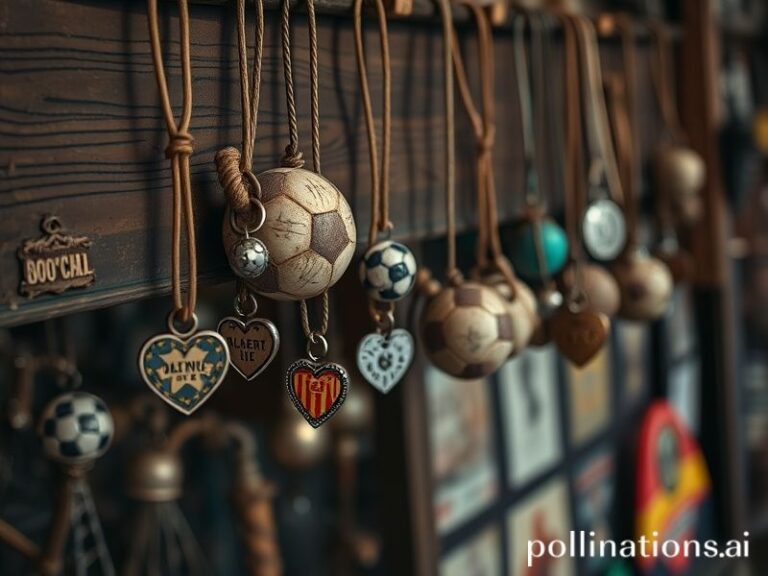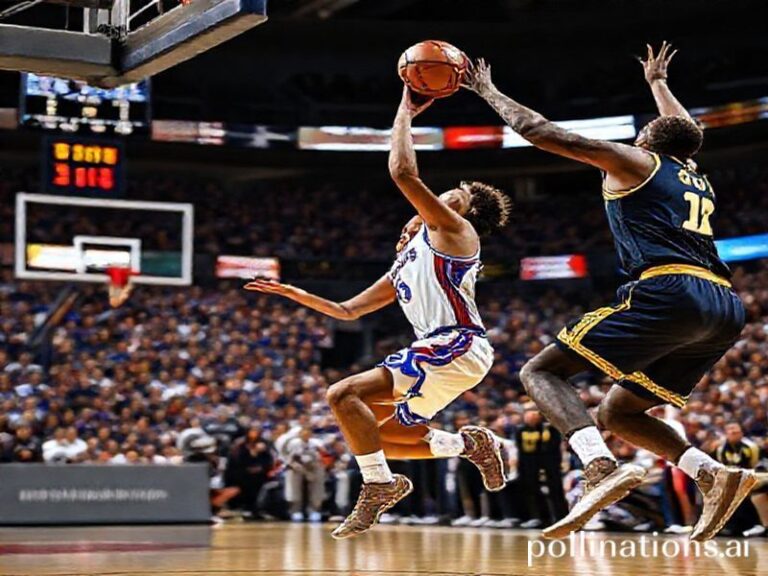Eddie Nketiah Transfer Saga: How a Ghana-England Striker Became Global Football’s Hottest Commodity
From Accra to the Emirates: Eddie Nketiah and the Global Trade in Hopeful Strikers
By Our Man in the Transfer Tavern
Six time zones east of Tema Harbour, where Ghanaian trawlers offload their catch for European freezers, Eddie Nketiah is being filleted—politely—by the international football press. The kid once nicknamed “Eddie Goal” at Arsenal’s academy is now 24, valued at a reported £30 million, and being hawked around Europe like an artisanal coffee bean. Marseille, Olympiacos, and Everton (the tragicomedy option) have all sniffed the bag. In other words, the same continent that buys Ghana’s cocoa at discount prices is now bidding on its surplus centre-forward. Globalisation: 1, Romantic Geographers: 0.
The sale of Nketiah is not merely another Premier League subplot; it is a tidy allegory for how the modern world repackages ambition. Born in Lewisham to Ghanaian parents, he qualifies to play for both England—where he’s been cap-tied at youth level—and Ghana, the land his parents left in search of Wi-Fi that actually works. Last autumn the Ghana FA sent emissaries, complete with ceremonial kente scarves, to persuade him to switch allegiance. The pitch: come and spearhead our 2026 World Cup campaign, possibly the last tournament before global warming converts Qatar into a very expensive puddle. Eddie reportedly thanked them, then asked if the meeting could be catered by Nando’s. Diplomacy died a little that day.
Meanwhile, Arsenal’s accountants need the lad off the wage bill to keep FFP auditors happy, or at least less unhappy. Mikel Arteta, a man whose press conferences sound like TED Talks translated through a thesaurus, has publicly praised Nketiah’s “mentality” while privately treating him like a smoke detector you don’t uninstall but never test. The Gunners have spent £200 million this summer on players who aren’t Eddie; the message is gentle but unmistakable: thanks for the memories, now please fetch us a left-sided inverted winger who can play centre-half in a hurricane.
Across the Channel, Marseille’s new Saudi-backed board sees Nketiah as the perfect statement signing: young enough to sell on, English enough to boost shirt sales in Asia, and still affordable before the Qatari royals discover Fortnite skins. The French club’s ultras have already Photoshopped him wearing a fisherman’s cap, because nothing says “authentic Mediterranean culture” like a South Londoner who grew up on FIFA Ultimate Team.
The irony, of course, is that Nketiah is actually quite good. His strike rate—roughly a goal every other start—is superior to that of several marquee forwards whose agents have the moral flexibility of offshore banking. But in the age of data-driven scouting, being “quite good” is the same as being the second-best sushi chef in Wolverhampton: admirable, yet unlikely to get you a Netflix docuseries.
Still, the deeper currents are what make this transfer saga worth monitoring beyond the banter timeline. Ghana, a country where inflation just outran Usain Bolt, would welcome the tourism receipts and diaspora pride that come with a Premier League scorer wearing black stars. England, meanwhile, can afford to lose him because they have an assembly line of attacking talent named after Harry Potter characters. Somewhere in between sits Nketiah himself, a polite kid who once idolised Thierry Henry and now finds his own image rights traded like a minor crypto coin.
And so the caravan moves on. One day you’re the academy starlet nutmegging pensioners in a Nike advert; the next you’re being compared unfavourably to a 19-year-old Brazilian who’s played 12 professional games but has 4.7 million Instagram followers. The planet spins, the window creaks shut, and another batch of dreams is freeze-dried for export. If Eddie lands in Marseille, he’ll discover that the Stade Vélodrome smells of pastis and existential dread. If he stays in London, he’ll discover the same thing, only with oat-milk lattes.
Either way, a 24-year-old man will wake up somewhere, check his phone, and realise that his entire career has been reduced to a speculative asset class. Which, in the grand casino of 21st-century life, makes him exactly like the rest of us—except he can volley a football better.







